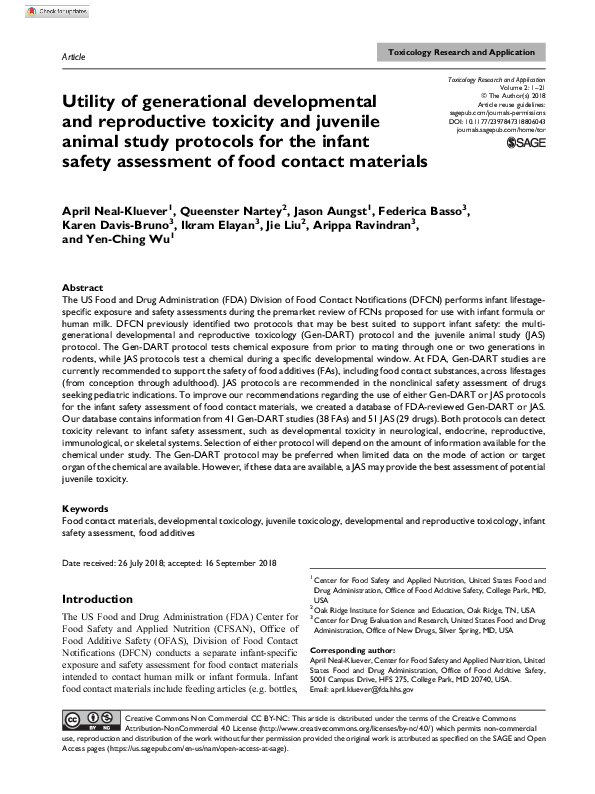Improving School Safety In Florida: Lockdown Protocols And Generational Needs

Table of Contents
Enhanced Lockdown Protocols for Florida Schools
Effective school safety in Florida necessitates robust and regularly updated lockdown protocols. This involves strengthening physical security, implementing effective drills, and leveraging technology to enhance response times and communication.
Strengthening Physical Security
Investing in robust physical security is paramount. This includes:
- Improved Building Access Controls: Implementing secured entrances, keycard systems, and visitor management protocols to restrict unauthorized access.
- Regular Security Audits: Conducting thorough and frequent security audits to identify vulnerabilities and implement corrective measures. This should include assessments of building infrastructure, emergency exits, and landscaping.
- Updated Emergency Communication Systems: Installing and regularly testing state-of-the-art communication systems to ensure rapid and reliable communication between staff, students, and emergency responders during a crisis.
- Improved Surveillance Technology: Utilizing advanced surveillance technology, including strategically placed cameras and monitoring systems, to enhance situational awareness and deter potential threats. This requires careful consideration of privacy concerns.
- Collaboration with Local Law Enforcement: Establishing strong partnerships with local law enforcement agencies to develop comprehensive school safety plans, conduct joint training exercises, and ensure swift response during emergencies. Regular communication and drills are crucial.
Florida's legislature has enacted several initiatives focused on upgrading school security, including funding for security upgrades and the implementation of standardized safety protocols. These efforts need continued support and refinement.
Effective Lockdown Drill Implementation
Regular lockdown drills are essential, but their effectiveness hinges on proper implementation:
- Age-Appropriate Training: Tailoring training programs to the developmental needs and understanding of students at different age levels. Younger children require simpler instructions and reassuring communication.
- Regular Practice Drills: Conducting drills frequently enough to maintain preparedness without causing undue anxiety. A balance is crucial between preparedness and potential for psychological distress.
- Realistic Scenarios: Simulating various emergency scenarios, including active shooter drills, to prepare students and staff for a range of potential threats. These drills should be carefully planned and debriefed.
- Post-Drill Debriefings: Providing opportunities for students and staff to discuss their experiences, address concerns, and provide feedback on the drills. This process allows for improvement and reduces anxiety.
- Incorporating Mental Health Support: Integrating mental health professionals into the drill process to provide immediate support and address any anxiety or distress experienced by participants.
- Parent Communication and Involvement: Keeping parents informed about drill schedules and procedures, and encouraging their participation in school safety discussions. Transparency builds trust and collaborative support.
The psychological impact of drills cannot be ignored. Schools need to prioritize strategies for mitigating anxiety, including providing access to counseling and debriefing sessions.
Technology's Role in School Safety
Technology plays a vital role in enhancing school safety in Florida:
- Integration of Alert Systems: Implementing comprehensive alert systems that instantly notify staff, students, and emergency responders of any threat or emergency.
- Panic Buttons: Providing easily accessible panic buttons in classrooms and other areas to quickly alert authorities during a crisis.
- Real-Time Monitoring Systems: Utilizing real-time monitoring systems to track movement within the school and identify potential threats.
- Use of AI for Threat Detection: Exploring the potential of AI-powered systems for threat detection and analysis, while addressing ethical concerns surrounding student privacy.
- Secure Communication Channels: Establishing secure communication channels for students and staff to report suspicious activity or seek help during emergencies.
While technology offers significant advantages, it’s crucial to consider ethical implications, particularly regarding student privacy and data security.
Addressing Generational Needs and Trauma in Schools
Improving school safety in Florida requires understanding and addressing the impact of generational trauma on students and staff.
Understanding Generational Trauma
Generational trauma, stemming from events such as school shootings or natural disasters, significantly impacts students' mental health and their responses to emergencies:
- Impact of Past Traumatic Events: Recognizing that past experiences can shape students' reactions to lockdown drills and other emergency situations, leading to heightened anxiety or fear.
- Differences in Coping Mechanisms: Understanding that different generations may employ different coping mechanisms, requiring tailored support strategies.
- Importance of Culturally Sensitive Approaches: Implementing culturally sensitive approaches to address the diverse needs and experiences of students from different backgrounds.
Trauma-informed practices, which acknowledge the impact of trauma on behavior and learning, are crucial for creating a supportive learning environment.
Providing Mental Health Support
Readily available mental health resources are essential:
- Access to School Counselors and Psychologists: Ensuring sufficient numbers of qualified mental health professionals are available to provide support to students and staff.
- Trauma-Informed Care: Providing trauma-informed care that recognizes the impact of trauma on individuals and tailors interventions accordingly.
- Early Intervention Programs: Implementing early intervention programs to identify and address mental health issues before they escalate.
- Parent Education Resources: Providing parents with resources and education to support their children's mental health and well-being.
- Collaboration with Community Mental Health Organizations: Partnering with community mental health organizations to expand access to services and resources.
Reducing stigma associated with seeking mental health support is equally important. Open communication and a supportive school culture are key.
Promoting a Safe and Inclusive School Culture
A positive school culture significantly contributes to safety and well-being:
- Anti-Bullying Programs: Implementing comprehensive anti-bullying programs to create a respectful and inclusive environment.
- Conflict Resolution Training: Providing students and staff with conflict resolution training to effectively manage disagreements and prevent escalation.
- Restorative Justice Practices: Utilizing restorative justice practices to address harm and promote healing and reconciliation.
- Fostering a Sense of Community and Belonging: Creating a sense of community and belonging where students feel safe, supported, and connected to their peers and teachers.
- Celebrating Diversity and Inclusion: Celebrating diversity and inclusion to foster a welcoming and respectful environment for all students.
A strong sense of belonging is intrinsically linked to improved mental well-being and reduced anxiety.
Conclusion
Improving school safety in Florida demands a comprehensive, multi-faceted approach. Strengthening physical security through enhanced lockdown protocols is crucial, but equally vital is addressing the mental health needs of students and staff, acknowledging and addressing the impact of generational trauma. By combining robust security measures with a commitment to fostering a supportive and inclusive school culture, we can create truly safe and nurturing learning environments for all children. Learn more about Florida’s school safety initiatives, participate in safety training, and advocate for increased funding for mental health resources in schools. Let’s work together to improve school safety in Florida and protect our children’s futures.

Featured Posts
-
 Caitlin Clark Question Met With Immediate Dismissal By Angel Reese
May 17, 2025
Caitlin Clark Question Met With Immediate Dismissal By Angel Reese
May 17, 2025 -
 Increased Earnings For Uber Drivers And Couriers In Kenya Plus Cashback For Customers
May 17, 2025
Increased Earnings For Uber Drivers And Couriers In Kenya Plus Cashback For Customers
May 17, 2025 -
 Top Crypto Casinos For 2025 Is Jackbit The Best Bitcoin Casino
May 17, 2025
Top Crypto Casinos For 2025 Is Jackbit The Best Bitcoin Casino
May 17, 2025 -
 The Untapped Potential Of Middle Management Improving Company Performance And Employee Satisfaction
May 17, 2025
The Untapped Potential Of Middle Management Improving Company Performance And Employee Satisfaction
May 17, 2025 -
 Uber And Waymos Robotaxi Launch In Austin A New Era Of Ridesharing
May 17, 2025
Uber And Waymos Robotaxi Launch In Austin A New Era Of Ridesharing
May 17, 2025
